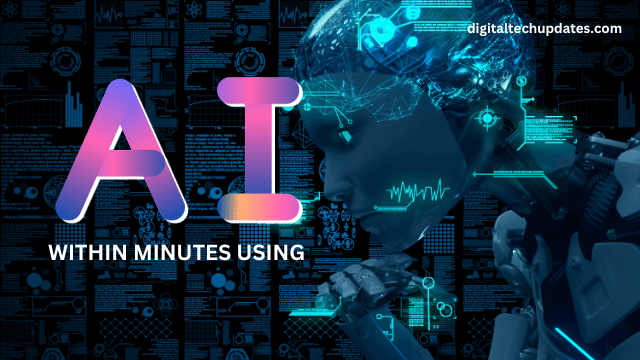On a general note, Games are rarely acknowledged to become a factor in any kind of development. Basically, games serve the greater purpose of mass entertainment and for putting off some pressure. However, the times have changed and it has been reported several times by numerous sources that games can be the best training field to fine-tune AI. So, the AI wave as we already know is only gaining more and more strength. What was once just a concept has now become a necessity in many fields. There is no denying the fact that there is still a lot to achieve when it comes to AI. Although the overall achievement till now has been phenomenal.
The Correlation Of Games And AI
It is public knowledge that games run on programmed algorithms. The new age games are relying heavily on AI to execute many of their off-limit features. However, this is a two way street. Many big names in the industry have passed the statement that as much as games gain from the integration of AI, the same profit dynamic goes for AI enhancement as well. The limitations of AI in the present world mostly originate from the challenges of gathering large data for training. Building networks that can process it effectively is also a challenge. AI primarily relies on text based information. The application of AI within games that pool a larger audience base, has an opportunity to tackle all those challenges. The AI program can observe the user playing open world games and get a better understanding of free will at action.
Factors Suitable For AI Training
Incorporating AI training within open world gaming not only enhances gaming experiences but also equips artificial intelligence with practical skills applicable to a range of industries and problem-solving scenarios.
In many open world games, real players have the freedom to make choices that significantly impact the game’s progression. AI training in such environments exposes artificial intelligence to a multitude of decision-making scenarios. This helps AI understand the intricacies of non-linear narrative structures, adaptability to player choices, and the consequences of those choices on the game world. This skill is particularly valuable in creating interactive AI models that can operate in the real world.
Resource Management:
Certain open world games incorporate resource gathering and allocation as core gameplay mechanics. AI’s involvement in such games allows it to grasp the nuances of efficient resource management. It learns how to prioritize, collect, and allocate resources strategically to achieve in-game objectives. These skills have real-world applications, such as optimizing supply chain logistics or resource allocation in complex systems.
Open world games often feature sophisticated physics engines that simulate real-world interactions. AI trained in these environments gains a deep understanding of how objects and characters move and interact within a physics-based world. This knowledge can be applied to various domains, such as robotics and simulation, where understanding physical dynamics is crucial for tasks like motion planning, object manipulation, and vehicle control.




